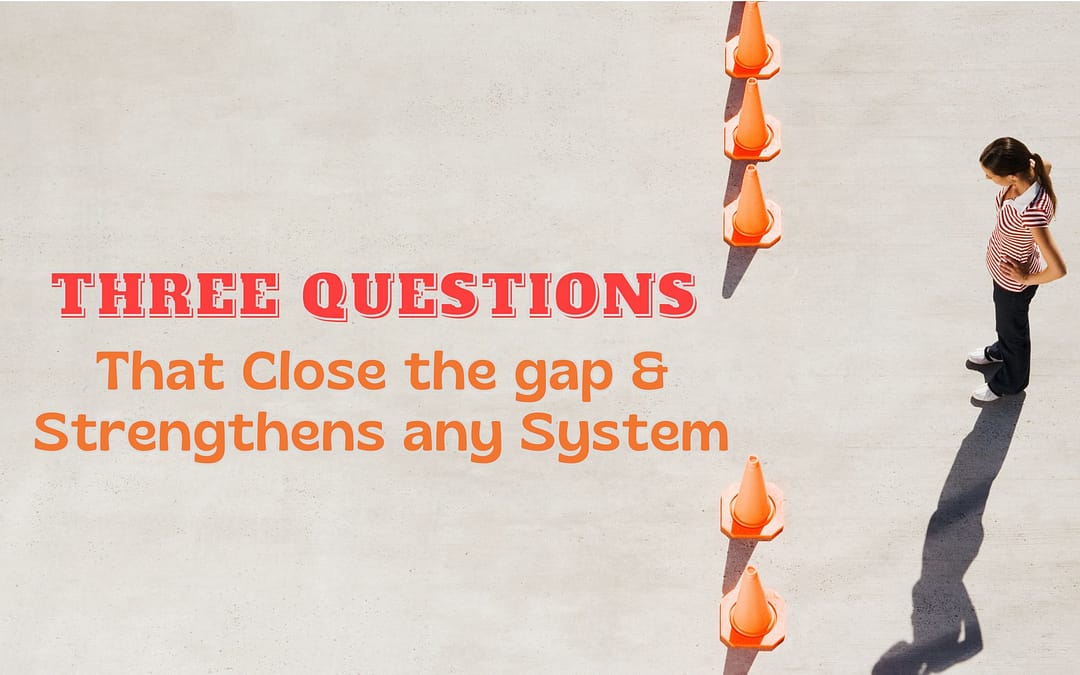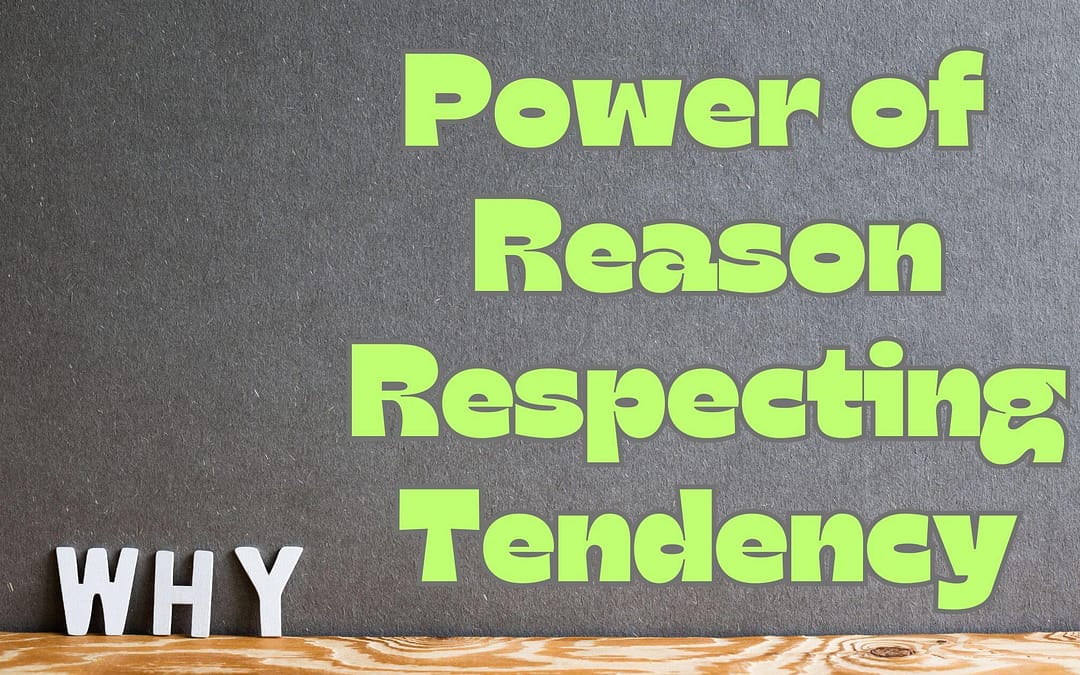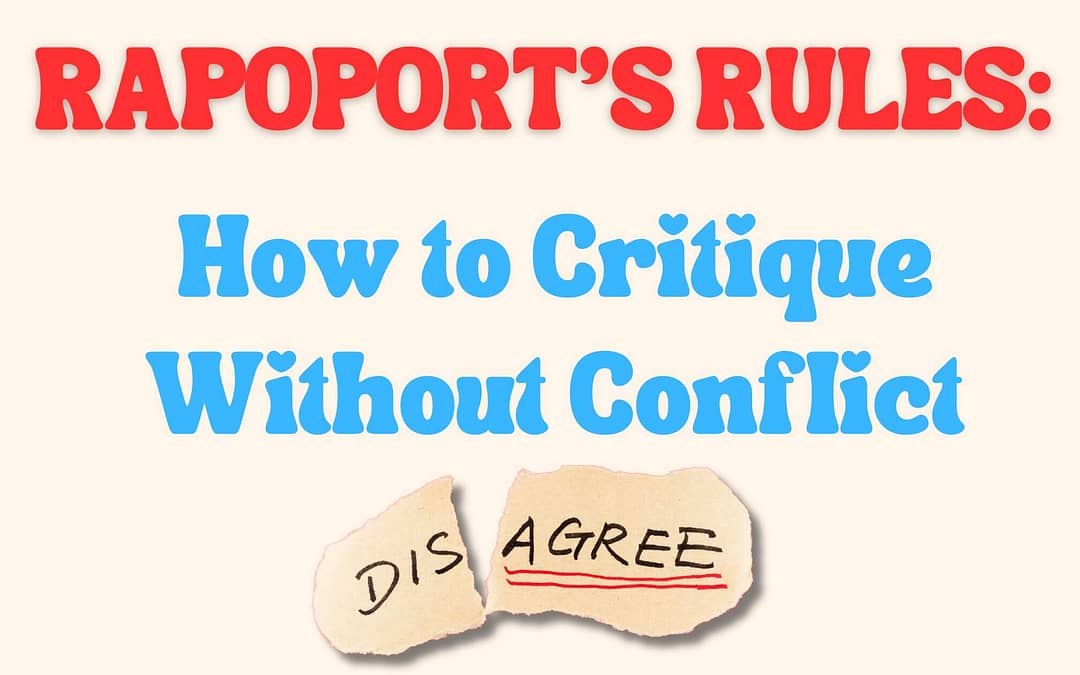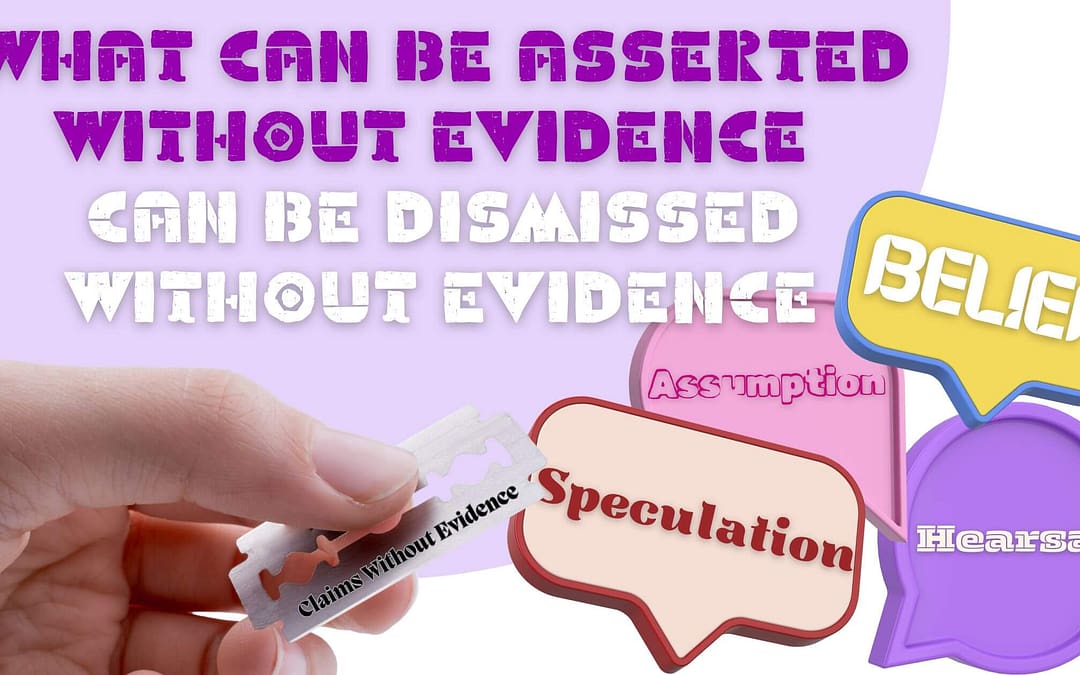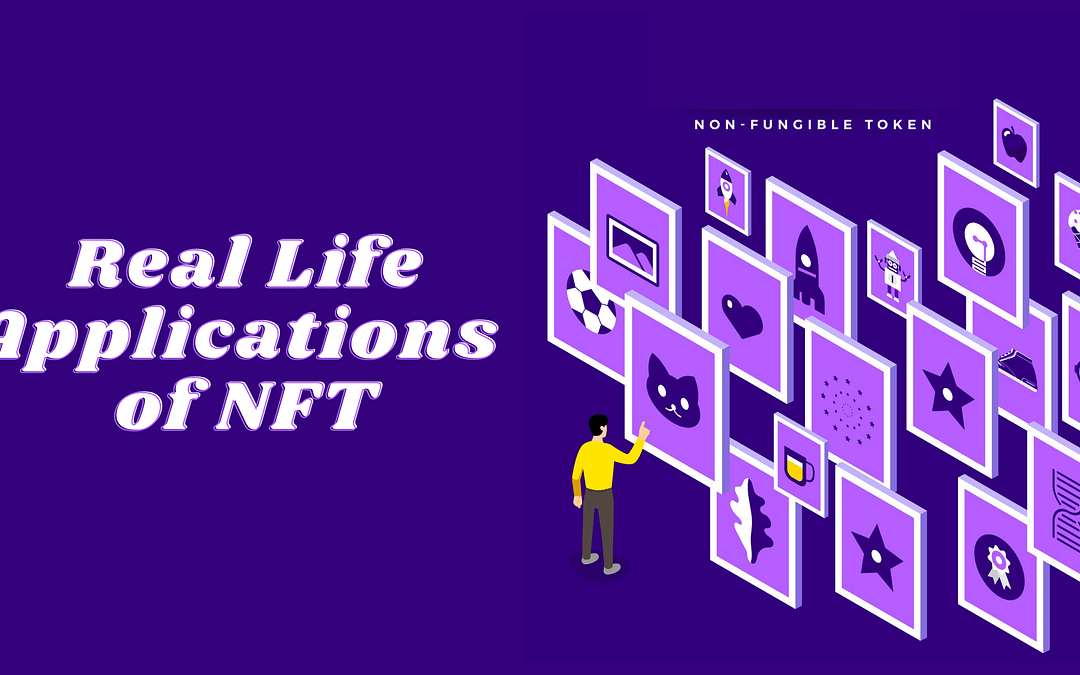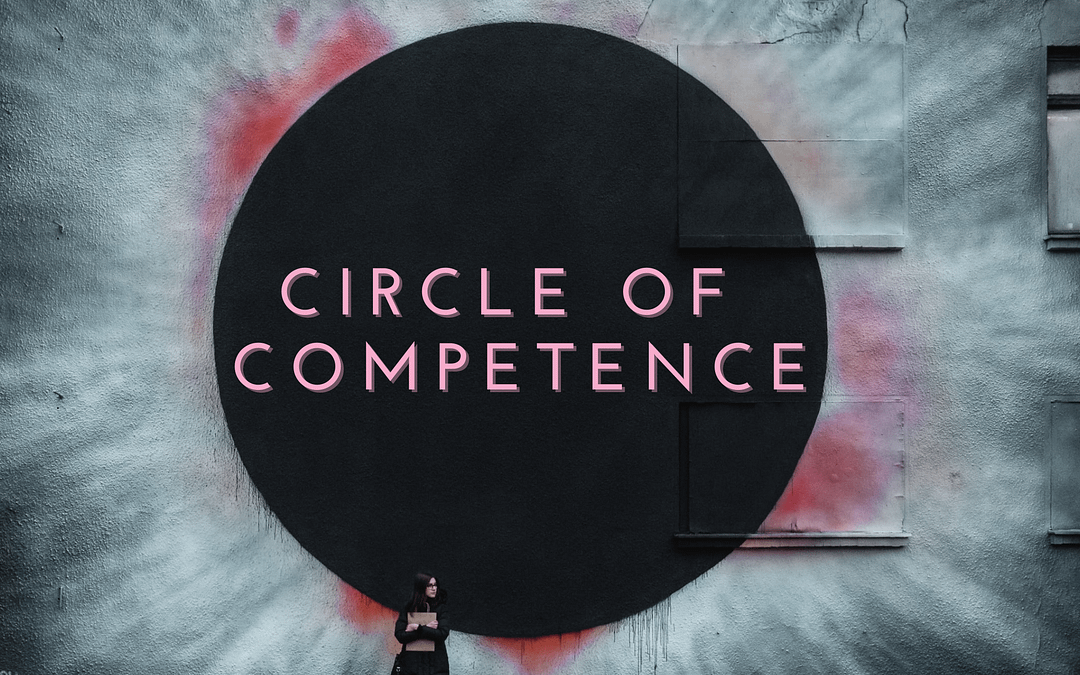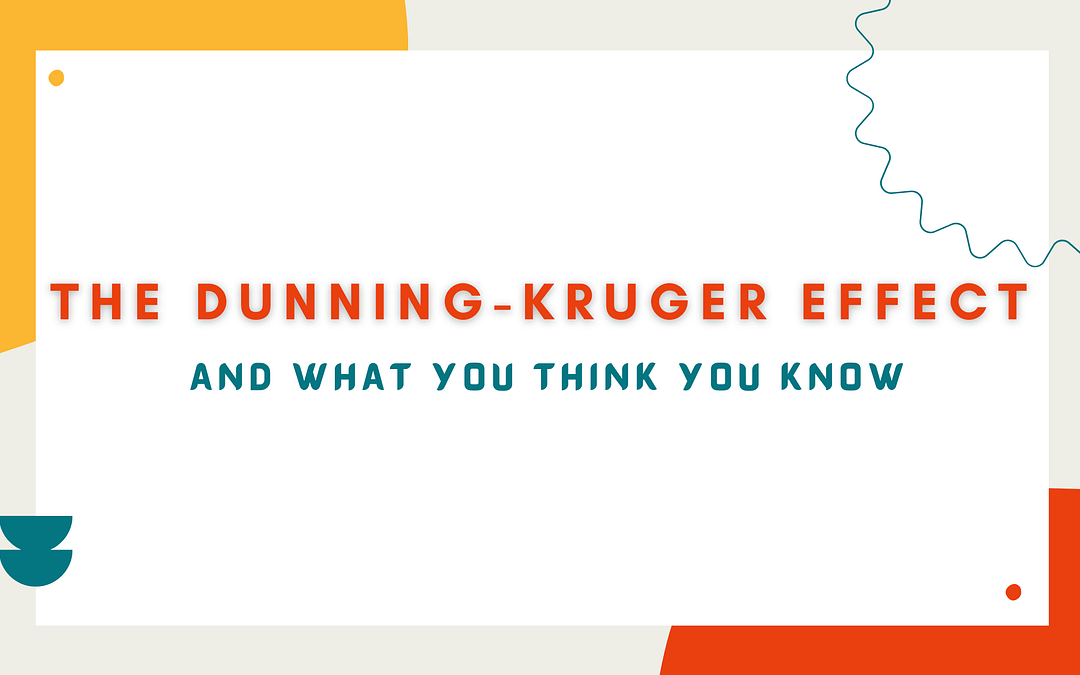Occam’s Razor is a mental model that helps us choose an explanation when there are competing theories. In a nutshell, it claims the theory with the least assumptions is usually the correct one.
This mental model is named after William of Ockham, a 14th century friar and philosopher.
Occam’s Razor is used by philosophers, scientists, doctors, architects, and virtually anyone involved in problem solving.
Occam’s Razor in Medicine
If a patient comes in exhibiting many symptoms, then the doctor is going to try and rule out the most likely causes. The patient has a runny nose, headache, and ear pain.
Could it be the rare form of nasal cancer the patient read about on Google? Or, could it be allergies? Most doctors would choose allergies from these two possibilities.
Anyone who has tried to Google their own symptoms and followed up with a doctor should be familiar with this example.
Occam’s Razor is also a mental model geared towards practicality. It isn’t just about finding the simplest solution to explain something, sometimes it’s about finding the simplest way to do something.
The Latest, But Not Greatest
Take the Ionic Ear for example. It is an implantable Bluetooth earpiece that requires surgery to install. It is supposed to be a product of convenience for those who constantly lose their ear pieces.
Charging the device would require inserting a long metal needle through the ear and updating the device would require more surgery. This product failed for obvious reasons.
Apple, known for keeping their devices as simple as possible, came up with an easier solution. They simply added GPS capability into their AirPods. If you lose them, open your phone and get an exact location for them.
Cutting Out Unnecessary Punishment
Occam’s Razor has even been applied to our penal system. Criminals should receive the least amount of punishment necessary. You don’t want to create more suffering than what you are trying to prevent.
If someone is caught shoplifting, cutting off their hand would create more suffering than it would prevent in further thefts. This mental model is behind many of the reform movements in our criminal justice system and shifts towards rehabilitation.
It Is Easier to Be Difficult
Psychologically speaking, it is easier for us to create complicated explanations than it is to create simple ones. People are in the habit of creating elaborate explanations because our minds don’t work by reason alone. It is influenced by imagination, emotions, and past experiences.
Think of ancient explanations used in Greek mythology to explain the natural events of the planet. The “movement” of the sun was explained by Apollo riding his chariot across the sky. Thunderstorms were the wrath of Zeus.
One of the more complicated stories I’ve read about, is the story of Persephone. It was supposed to explain the changing seasons. Having been kidnapped by Hades, the ruler of the underworld, she promised to never make the earth fertile again. Then, an agreement was made that she would be allowed to leave the underworld 6 months out of the year, marking the beginning of a new fertile season.
The difficult thing to understand is not complicated explanations or solutions, it is the simple answers. Understanding our proclivity towards adding more than necessary is the first step to finding a simpler solution.
Ask yourself these questions to use Occam’s Razor.
- Are there too many assumptions?
- What answer is the easiest to test and prove?
- Does the answer line up with the evidence?
The last question is important. It suggests you shouldn’t blindly follow this mental model and assume the simplest answer is always the correct one. Sometimes it can be the more complicated answer, or neither.
All Occam’s Razor does is point towards the most likely solution, but unlikely things happen all the time.
In medicine, rare diseases still happen. In science, complicated phenomena might require complicated answers. But the complicated answer shouldn’t be your first one.
“When you hear hoofbeats, think horses, not Zebras.” – Dr. Theodore Woodward
Using this mental model applies to so many different situations and disciplines. You will inevitably be faced with a situation where you have to choose between two possible solutions that seem like they both work and when you do, you’ll have another tool in your bag of mental models.


